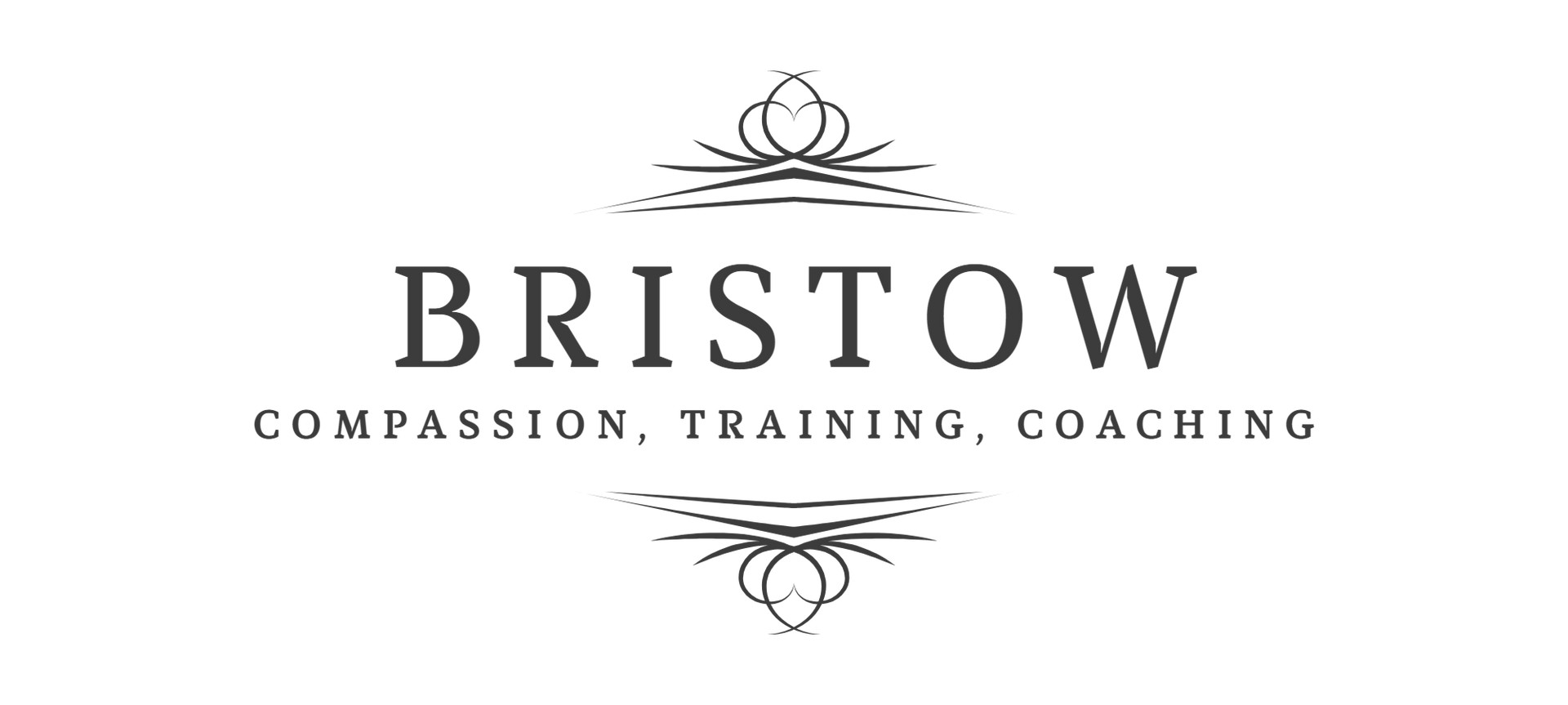Holy Habits for People Impacted by Divorce
Create healthy habits

Developing a Holistic Spirituality
Psychotherapist Carl Jung developed the concept that humans have four pairs of essential preferences that shape the way they relate to the world and process data. In each category, one preference is made over the other. These categories are helpful in charting out a path for spiritual formation and disciplines.
Extraversion (E) or Introversion (I)
This is where people find their focus – the outer world of people, events, and things – extraversion, or the inner world of ideas and self – introversion. Extraverts tend to be “people” persons, while introverts tend to prefer solitude.
Sensing (S) or Intuition (N)
This has to do with a person’s preferred method of receiving information – either through primary reliance on intuition, inner urgings or through physical senses. Intuitive people like solving problems. They bring order to complicated situations and then do whatever needs to be done and move on to the next thing. Sensing persons like routines and details and tend to be good with work that requires precision.
Thinking (T) or Feeling (F)
This has to do with how people process data. Those focusing on a cognitive process of reasoning are thinking. They do not show emotions readily and tend to be uncomfortable around those that do. They are analytical and logical and tend to make decisions in an impersonal manner. Those that rely on the stirrings of the heart are feeling. They are sensitive to the feeling of others. They make decisions influenced by others’ feelings as well as their own.
Judgment (J) or Perception (P)
This has to do with a person’s preference of the flow of life. The desire is either for closure, completion, order and control (judging), or an open-ended, laid back approach (perception).
Inspired from: Invitation to a Journey: A Road Map to Spiritual Formation by M. Robert Mulholland.
